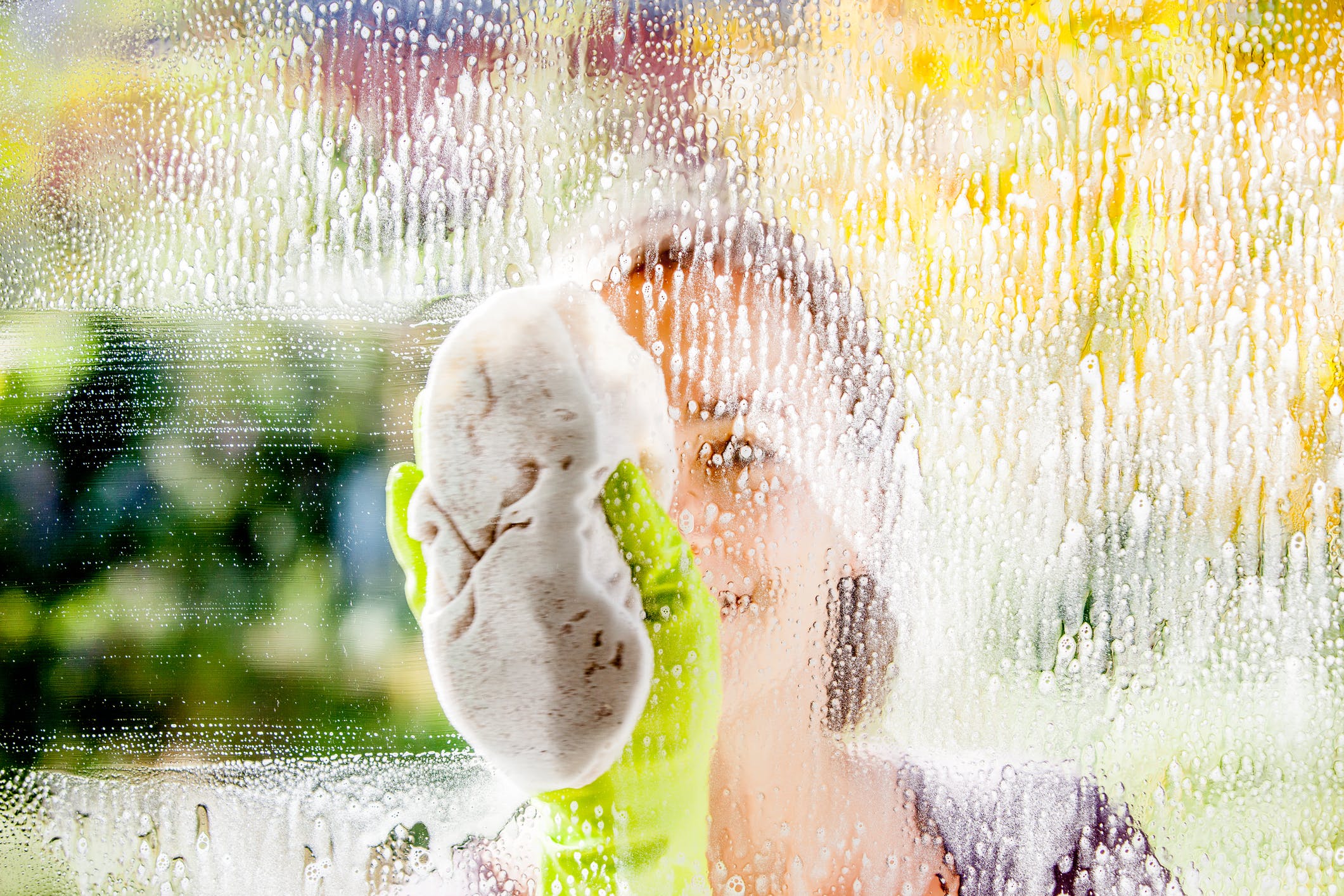“Detox” is a trendy word in the wellness space and is oftentimes misused when marketing programs, products and supplements. However, detoxification is a very important, natural process that our bodies work on 24 hours a day, 7 days a week. The liver, skin and digestive tracts are powerhouse detoxifiers that need to function at top capacity to protect our bodies from the toxins we’re exposed to on a regular basis. Let’s explore why detoxing is so important, how to know if you are toxic and ways you can decrease your exposure to toxins.
Why is detoxing so important?
There are over 85,000 synthetic chemicals registered in the United States, and this number increases annually. Some of these chemicals have been tested for safety while others have not. Many chemicals can cross the blood-brain barrier, causing neurotoxic effects and impacting our health in ways we have yet to identify. There’s even a theory that environmental contaminants may contribute to the epidemic of obesity in what’s called the obesogen hypothesis. Decreasing your exposure and making sure your body can process and eliminate toxins are crucial.
How can you tell if you are toxic?
Ensuring your detox pathways are optimal is important for overall health and wellness. To get a better understanding of how your body is working, ask yourself these questions: Do you commonly experience brain fog, fatigue, drowsiness? Are you sensitive to fragrances, perfumes, and other smells? Do you have lots of food sensitivities and allergies? Do you feel ill after consuming caffeine or alcohol? Do you have problems losing weight? Are you exposed to herbicides, insecticides or pesticides?
If you answered yes to these questions, it may be time to look at your environment and lifestyle more closely.
How can you decrease your exposure to toxins?
The average person is exposed to 100 chemicals before they even leave the house in the morning. Finding simple ways to minimize your contact with toxins can have a big impact on your health. Check out the following tips for minimizing your exposure to toxins:
- Eat real locally grown organic food.
- Choose grass-pastured, sustainably-raised meat and dairy.
- Replace plastic products with glass when you can.
- Switch to organic toiletries – shampoo, toothpaste, deodorant, skincare, etc.
- EWG’s skin deep cosmetics database ranks toxicity levels in many products.
- Replace non-stick pots and pans with ceramic or glass cookware.
- Eat low mercury fish.
- Ex. sardines, wild salmon, Alaskan salmon, shrimp, anchovies, and tilapia.
- Filter tap water for drinking and bathing.
- Use natural cleaning products.
- When buying new furniture, try buying flame retardant-free and natural fibers like wool, cotton, leather.
- Take off shoes before you enter the house to avoid tracking in chemicals.
- Look for fragrance-free products.
- Avoid fabric softeners and dryer sheets as these contain tons of chemicals.
Decreasing your exposure to toxins supports the overall health of your body. If the body isn’t taxed by removing toxins, it can focus more on other essential metabolic processes and make sure you’re feeling your best. Cleaning up your environment is not only beneficial to your health but to the health of our planet as well!
Nutritional information
Recipe: Creamy Green Strawberry Dream Serving in this recipe:1
- Calories: 236.6
- Total Fat: 3.6 g 5.5%
- Saturated Fat: 0.4 g 1.9%
- Cholesterol: 0 mg 0%
- Sodium: 358.7 mg 14.9%
- Total Carbs: 45.7 g 15.2%
- Dietary Fiber: 9.9 g 39.4%
- Sugar: 22.1 g
- Protein: 8.1 g 16.2%
- Vitamin A: 481.9% Vitamin C: 244.1%
- Calcium: 68.5% Iron: 26.1%
* Percent Daily Values are based on a 2,000 calorie diet. Your daily values may be higher or lower depending on your calorie needs.




























